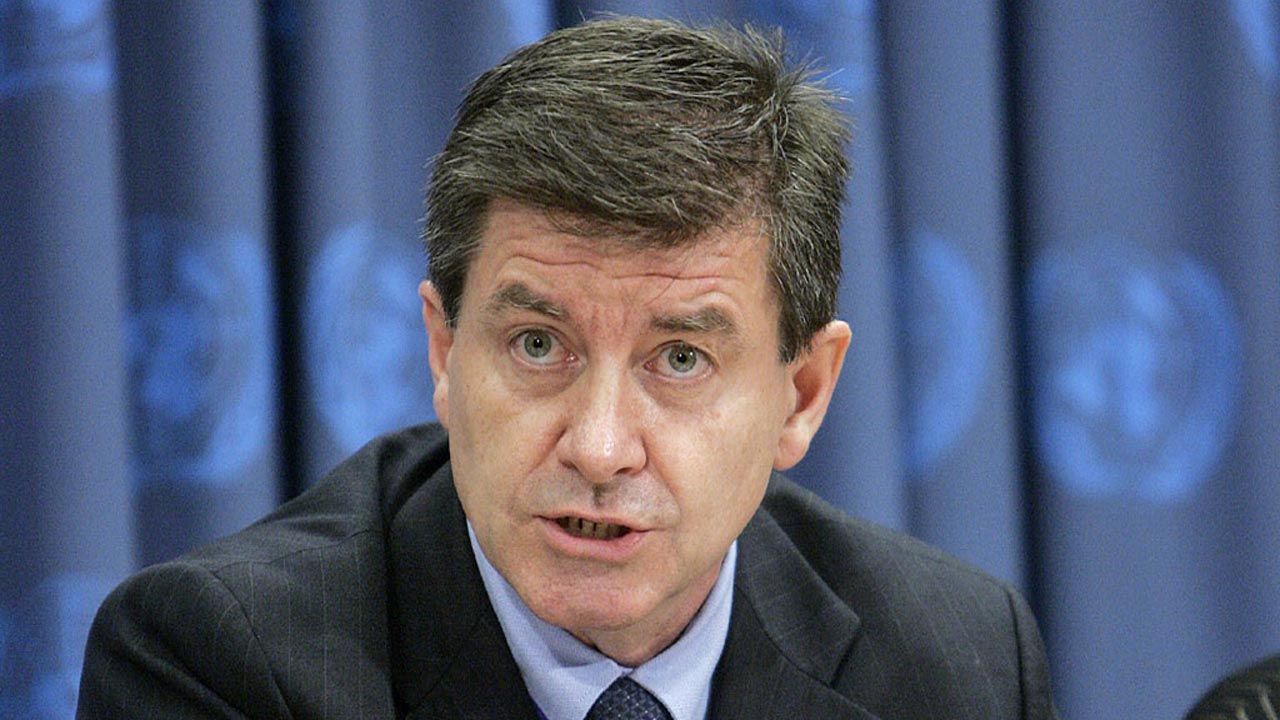
The International Labour Organisation (ILO), has urged African countries to work towards a work arena that does not only have human face, but also has human beings at its centre.
Speaking at the opening of the 14th ILO African Regional Meeting in Abidjan, Côte d’Ivoire, ILO Director-General, Guy Ryder, spoke on Africa’s world of work challenges and opportunities. Ryder urged African countries to seize the opportunities that exist on the continent to advance towards a human-centred future of work.
The meeting, which brought together ILO’s tripartite constituents representing governments, workers and employers from 54 African countries, reviewed the progress made in implementing the ILO’s Decent Work Agenda, and charted a course towards a future with decent work in the region.
Ryder referred to projections for economic growth in Africa that are higher than the global average; a ‘demographic dividend’ that will see labour force numbers rising to 60 per cent; the continent’s unique potential for creating renewable energy; and opportunities for development that could be opened up by advances in technology.
He submitted that Africa has every reason to regard the future with confidence, saying through its young, rich in resources, dynamic and creative, offering possibilities, which in many ways, do not exist in other regions.
However, Ryder was quick to add that the opportunities also pose their own unique challenges.Among the challenges is the need to create 26 million jobs every year in Africa, to meet the objectives of the UN Sustainable Development Goals (SDGs).Other challenges, he said, include a social protection financing gap amounting to $68 billion a year; economic, social and migratory pressures; and the impact of climate change and globalisation.
He stated that ‘human-centred’ approach is based on investing in people’s capabilities, the institutions of work that ensure that labour is not a commodity, and in decent and sustainable work, particularly in the green, rural and healthcare economies.
Ryder also outlined the priorities for Africa, including: formalisation of the informal economy, which accounts for 80 per cent of the workforce; structural transformation of production; economic diversification; creating an enabling environment for creation of decent jobs; tackling inequality and actions to promote full and equal participation of women in the labour force.
He also called for accelerated action to implement the UN SDGs, the Global Compact on Safe and Orderly Migration, as well as promises made by governments to tackle climate change. His said: “We should not avert our eyes from the reality that in most aspects, the international community is well off-track in delivering the 2030 Agenda, and that the planet is fighting back hard in the war that we humans have abusively launched against it. And because decent work is so deeply involved in all of these challenges, we are, very clearly, called upon to do better.”
ILO urges Africa to embrace human-centre future of work



